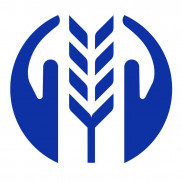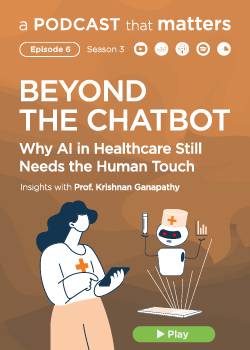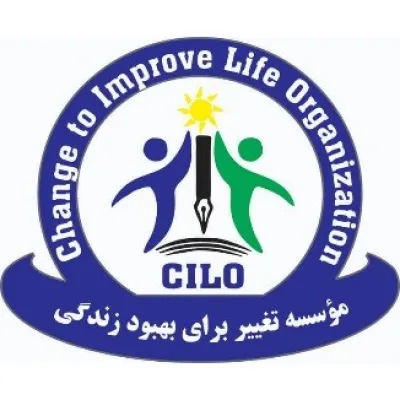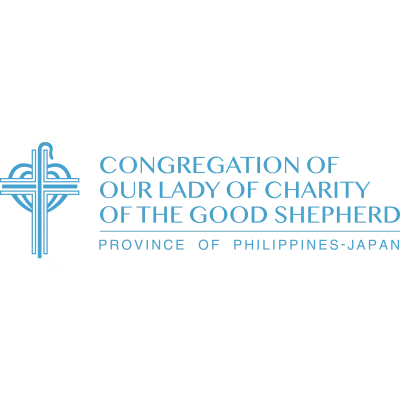Print

Diakonia - Paraguay
General
Jobs • 0
Shortlists/Awards • 1
Pricing strategy • 0
Partners/Competitors • 5
General
Jobs
Shortlists/Awards
Pricing strategy
Partners/Competitors
Details
Legal residence:Paraguay
Organization type:NGO
Funding agencies: European Commission Directorate-General for International Partnerships (EuropeAid HQ), Other
Sectors: Community Development & NGOs, Gender & Human Rights
Status:
Active
About
In Paraguay Diakonia supports the efforts of civil society in favor of human rights. We work at all levels of society, with special attention to the most vulnerable sectors.
Human rights as a pending issue
More than 120 campesino leaders have been killed since 1989, without the State having investigated or tried those responsible. Campaigns exist to de-legitimize and stigmatize human rights defenders in various ways so that they can no longer carry out their work. And human rights have failed to penetrate public institutions, especially in the education system, so the Paraguayan State receives numerous recommendations and sentences from international human rights organizations, which are often not properly addressed.
Gender equality
A strong patriarchal culture among part of the population in Paraguay makes a great inequality in terms of gender. It ranges from the absence of women's political leadership to limited access to sexual and reproductive rights, especially for rural young women, while some rights are not even recognized. Although the constitution states that discrimination is not admitted, there are no laws or mechanisms that regulate acts of discrimination of any kind, much less lesbian, gay, bisexual, trans and intersexual people.
Inequality in land distribution and monoculture country
Paraguay is one of the most unequal countries in the world in terms of land distribution. 77% of the farms are owned by 1% of the owners and only 40% of the farmers own barely 1% of the land. This is the basis of the inequality of the country that makes 4 out of every 10 inhabitants in the country live in poverty. Indigenous peoples, in particular, live in situations of extreme poverty because they can not live according to their traditional economy based on sustainable forests.
Paraguay is the fourth largest producer of soybeans in the world. The advance of soybean production causes numerous problems for the neighboring peasant populations, since soybean crops need the intensive use of agrochemicals that generate diverse problems for the peasant families: health problems, especially children and pregnant women, poisoning of sources Of water, death of farm animals and fruit-horticultural products, among others. It also produces the displacement of peasant families.
The inequality of Paraguay's land distribution and the use of monoculture agriculture makes Diakonia focus its efforts on supporting farmers 'and indigenous peoples' organizations, especially women, to improve the quality of life by promoting a Agrarian reform and the implementation of sustainable development models.
Top partners

Top competitors


Associated Experts
There are no experts associated to this organization.

Similar Companies
By Sectors and Organization Types
Country:
Afghanistan
Awards:
0
Jobs:
0
Country:
Kenya
Awards:
0
Jobs:
0
Country:
Brazil
Awards:
0
Jobs:
0




